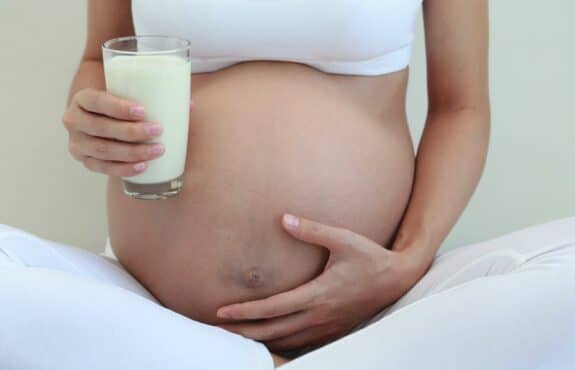Each day, there are more than 1,000 babies born prematurely in North America. While some of those babies grow up to be wonderfully healthy – so healthy, in fact, that you’d never know they were a preemie – others may struggle for the rest of their lives. As such, the goal is prevention. How, exactly, do you prevent a premature birth?
There are a few things that we already know about premature birth risk factors. For example, mothers who smoke while they are pregnant may be more likely to deliver early. So are those who have high levels of stress during their pregnancy. Now, a new study is suggesting that low vitamin D levels may also be associated with a higher risk of premature birth. More than that, supplementing with it could ultimately reduce that risk.
More than 1,000 women were included in the South Carolina-based study. Nearly 90 percent of them had low levels of Vitamin D. Women with the lowest levels were found to have the highest risk of premature birth, the researchers said, but giving the women vitamin D supplements decreased the risk by as much as 62 percent.
“Those women who were able to raise their vitamin D levels from early pregnancy, when they were deficient…to greater than 40 nanograms per millilitre by later pregnancy, had substantially lower rates of pre-term delivery,” said Dr. Roger Newman, a co-author of the study and the director of Women’s Health Research at the Medical University of South Carolina. “I think it’s hugely significant.”
He’s right.
Vitamin D deficiency is becoming more and more common these days, especially among those with non-white ethnicities (women with darker skin have a hard time absorbing vitamin D from the sun). Part of this is because we are indoors more, working at our jobs, going to school, or caring for our homes and children. We also tend to be less active than we once were, and even when we are outdoors, most of us wear sunscreen. All of this means we now absorb less vitamin D from the sun, and that can be problematic for reasons beyond pregnancy.
Thankfully, doctors have already taken some proactive steps to ensure that expectant mothers get the vitamin D that they need. In fact, many prenatal supplements now have extra vitamin D to accommodate for the lessened absorption that many of us experience. Yet, even still, some women may be deficient. In such situations, an inexpensive vitamin D supplement may help.







